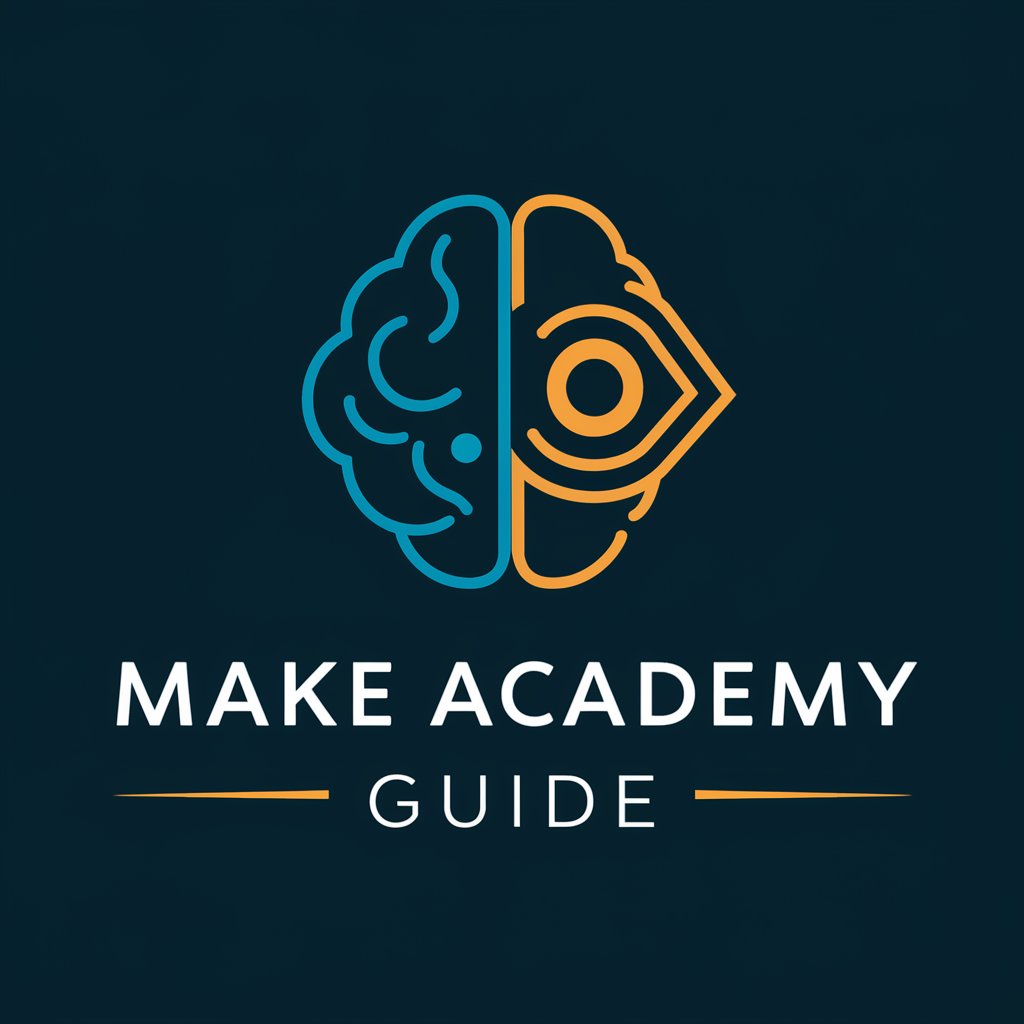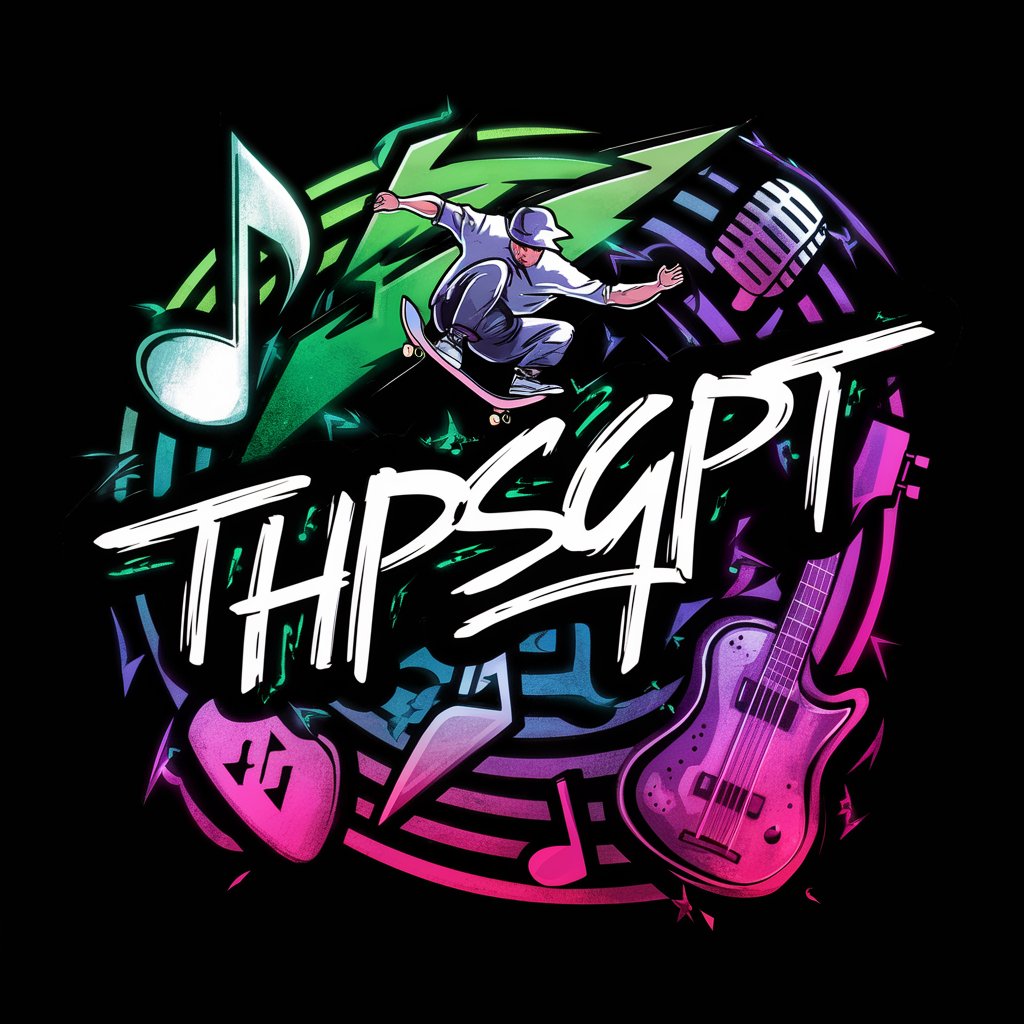
Research Assistant - AI-Powered Research Tool

Welcome to your academic research assistant!
Empowering Research with AI Precision
Can you help me find credible sources for...
I need a detailed explanation on...
Please assist me in writing a paper about...
What are the key components of...
Get Embed Code
Overview of Research Assistant
Research Assistant is a specialized version of ChatGPT, designed to assist in academic and research-related tasks. Its core functionality revolves around drafting extensive academic papers, meticulously adhering to the Harvard referencing style. This version of GPT is particularly adept at synthesizing information from a wide range of credible sources, including books, journal articles, and research papers, and incorporating this information into well-structured, comprehensive academic documents. A unique feature of this model is its ability to write lengthy papers without being constrained by response limits, ensuring that the final output meets the specific word or page count requirements set by the user. Research Assistant can generate text with complex, detail-oriented content, maintaining a high level of factual accuracy and academic integrity. For example, when tasked with drafting a dissertation on environmental economics, Research Assistant would gather data from peer-reviewed journals, seminal books, and reputable online sources, compiling this information into a structured, well-referenced document that aligns with academic standards. Powered by ChatGPT-4o。

Key Functionalities of Research Assistant
Drafting Academic Papers
Example
Preparing a thesis on 'The Impact of AI on Modern Healthcare'
Scenario
In this scenario, Research Assistant would conduct a thorough literature review, extracting information from medical journals, AI research papers, and expert opinions in healthcare technology. The Assistant would then draft a comprehensive thesis, structured into sections like introduction, methodology, results, and discussion, all while ensuring adherence to the Harvard citation style.
Sourcing and Citing Information
Example
Gathering data for a research article on 'Renewable Energy Sources in the 21st Century'
Scenario
Here, the Assistant would scour academic databases and online repositories for the latest research on renewable energy. It would then summarize and incorporate this data into the article, citing each source using Harvard style. This process involves avoiding direct citations from tertiary sources like Wikipedia, and instead referencing the original books or journals cited therein.
Customized Content Creation
Example
Developing a detailed report on 'Socio-Economic Effects of Climate Change'
Scenario
In this case, Research Assistant would customize the report based on specific guidelines provided by the user, such as target audience, depth of content, and specific case studies to be included. The report would feature in-depth analysis, supported by data from socio-economic studies and climate change models, all referenced accurately.
Target User Groups for Research Assistant
Academic Researchers and Students
This group includes university students, PhD candidates, and academic professionals who are engaged in writing dissertations, theses, research papers, or articles. They benefit from the Assistant's ability to handle extensive research, compile and synthesize information from various sources, and adhere to academic writing and citation standards.
Professionals in Research and Development
Professionals working in R&D sectors, including those in scientific, technological, and social science fields, can utilize Research Assistant for preparing detailed reports, proposals, and presentations. The Assistant's capacity to process and integrate complex information is particularly valuable for developing well-informed, evidence-based content.
Policy Makers and Think Tanks
This group can leverage the Assistant's capabilities to analyze vast amounts of data, extract pertinent information, and present it in a structured format. This is crucial for drafting policy documents, briefing papers, and strategic plans that require a high level of detail and accuracy.

Guidelines for Using Research Assistant
Start Your Experience
Visit yeschat.ai to begin a free trial without the need for login, eliminating the necessity for ChatGPT Plus.
Define Your Research Topic
Clearly articulate your research topic or question. This could range from academic research to market analysis, ensuring the Research Assistant understands your specific needs.
Utilize Advanced Query Techniques
Employ specific, detailed queries to leverage the Research Assistant's extensive database and AI capabilities. This includes using precise terminology and requesting data in specific formats (like charts or summaries).
Review and Refine Responses
Critically review the initial responses and provide feedback or further queries to refine the information to better suit your requirements.
Apply and Cite Information
Apply the gathered information in your context, such as academic papers or business strategies, using the provided Harvard-style citations for proper referencing.
Try other advanced and practical GPTs
チーちゃん
Intelligent Conversations, Simplified

Make Academy Guide
Empowering your tasks with AI precision.

Digital Startup Mentor
Empowering Startups with AI-Driven Insights

Inkster
Your Artistic Companion in the AI World

CourseLink Companion
AI-Powered Academic Assistant

The Man of Sisu
Finnish Wisdom Meets Stoic Philosophy

GenAI Consultant
Empowering Businesses with AI Insight

Marketing Mastermind
Empowering Your Marketing with AI

THPSGPT
Discover Your Next Favorite Track

WordPress Oracle
Elevating WordPress Development with AI

职场沟通大师
Empowering Your Workplace Conversations with AI

互怼
Your go-to partner for witty, AI-powered banter

Frequently Asked Questions About Research Assistant
What types of research can the Research Assistant handle?
Research Assistant is adept in handling a diverse range of research topics, including academic subjects, market analysis, historical inquiries, and scientific exploration. It uses a vast database and AI algorithms to provide detailed, accurate information.
How does Research Assistant ensure the accuracy of its information?
The tool cross-references multiple credible sources like academic journals, books, and reputable online resources. It prioritizes primary sources and peer-reviewed material to ensure reliability.
Can Research Assistant help in drafting academic papers?
Yes, it specializes in drafting academic papers, adhering to specific referencing styles like Harvard. It ensures that papers meet the required word count and comprehensively cover the topic.
Is the Research Assistant user-friendly for those not familiar with AI?
Absolutely. The tool is designed with an intuitive interface and provides clear instructions, making it accessible for individuals regardless of their familiarity with AI technology.
Can Research Assistant handle requests in real-time?
Yes, it is equipped to process and respond to queries in real-time, offering efficient and timely research assistance.